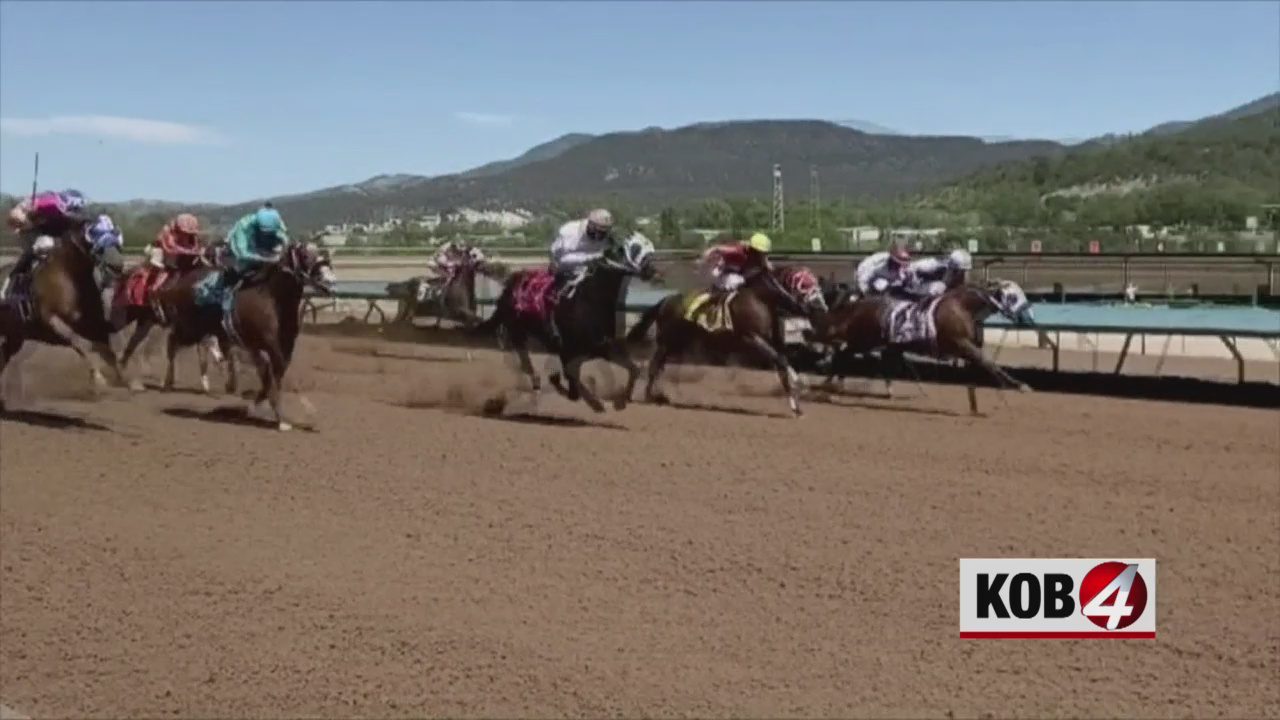Regulators focus on future of New Mexico horse racing

ALBUQUERQUE, N.M. (AP) — New Mexico horse racing regulators, track executives, breeders and others say there’s no silver bullet to ensure the future of the industry as it faces increased competition from online wagering, higher costs, infighting and other problems.
Like other states, New Mexico has seen its multimillion-dollar industry contract over recent years. In hopes of stemming the decline, the New Mexico Racing Commission hosted a special meeting Thursday in Albuquerque to discuss the industry’s strengths, weaknesses and possible solutions.
The long list included everything from a marketing campaign to educate fans, incentives for breeding and racing horses in the state, stronger penalties for doping violations and tighter enforcement of testing procedures as ways to improve perceptions about the sport’s integrity.
While the industry’s stakeholders are often on different sides, many agreed during the hourslong meeting that multiple factors have combined to stifle the industry nationwide and that there’s no simple solution.
Commissioner David “Hossie” Sanchez, the owner of a horse breeding and racing operation near Albuquerque, told those in the packed room and watching online that everyone needed to take off their blinders and consider all the issues, not just those facing them as individual players in the industry.
“That’s the only way this thing is going to work. We have to see other people’s problems and see where they’re coming from,” he said.
The commission, whose members are appointed by Democratic Gov. Michelle Lujan Grisham, has been mired in litigation in recent years over disagreements about the distribution of purse money and other concerns. Some of the claims filed by the New Mexico Horsemen’s Association are still pending in court.
Gary Mitchell, an attorney representing the horse owners group, expressed disappointment with Thursday’s meeting. He said it appeared the commission had only the track owners’ interests in mind and that tracks and breeders were looking to get a larger share of the gaming purse money.
Mitchell said the commission’s decisions ultimately end up affecting thousands of horse owners, many from rural areas of the state, who are the backbone of the industry. Many of them, he said, run their horses in lower-level races and are looking to make enough money to pay for feed and cover training costs.
“And these are not wealthy New Mexicans. These are classic New Mexicans — born and raised in New Mexico, native to New Mexico, who have deep roots in agriculture and in the cultures they were raised in,” he said. “How about our culture? How about us?”
Some horse owners also have advocated for more transparency in the form of weekly purse money and gaming reports to be posted online by the state’s licensed tracks and their associated casinos.
The commission read a statement at the start of the meeting in which it acknowledged the passion that each group brings to the industry and its economic impact.
“Despite that everyone here has different perspectives and responsibilities, we all share the common and important goal of cultivating the state’s horse racing industry for the benefit of the public who enjoys it and the persons and families who work in it for their livelihoods,” the commission stated.
Track owners and horse breeders told state lawmakers last fall that the industry has seen its economic effects — like spending on feed, fuel and labor — dwindle by nearly 25% over recent years. They have said the decline of the industry has been more precipitous in New Mexico than elsewhere, with the number of races and the number of horses being bred also dropping.
It’s likely the tracks and other advocates will lobby for easing some rules around online betting during the upcoming legislative session, but lawmakers will have to tread carefully to ensure nothing compromises the revenue-sharing agreements New Mexico has with Native American tribes that operate casinos.